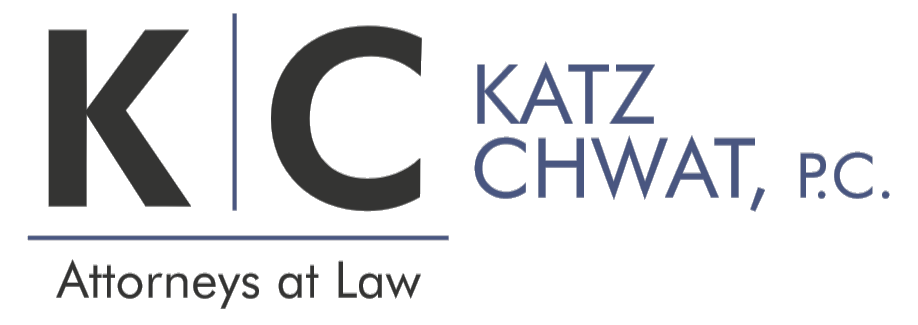As the April 15th deadline for filing 2018 income tax returns draws near (April 17th for Maine, Massachusetts and the District of Columbia), many taxpayers may face a situation in which they do not have the funds available to pay the taxes due on their returns. This situation will be even more common than usual for the 2018 tax filing period due to the recent tax law changes which have altered the income tax withholding rates. Taxpayers can avoid penalties, but not interest, if they request an automatic six-month extension of time to file from the IRS; however, such extension merely postpones the required filing date and not the date on which payment is due. Therefore, taxpayers must pay their estimated taxes for 2018 on or before April 15th regardless. As such, the following examines the different ways in which a taxpayer may defer paying their income taxes:
Paying in full within 120 days (short-term payment plan). A taxpayer can pay the full amount owed within 120 days, without having to pay any fee, but interest and any applicable penalties continue to accrue until the tax is paid in full.
Installment agreement (long-term payment plan). Taxpayers unable to pay the full amount owed within 120 days may be eligible to enter into an installment agreement with the IRS to pay the tax due over an extended timeframe. However, note that the taxpayer will be required to pay the user fee for setting up the payment arrangement, and, as always, interest will continue to accrue for the unpaid balance.
Offer in compromise (OIC). An OIC is an agreement between a taxpayer and the IRS that settles the taxpayer’s tax liabilities for less than the full amount owed. Taxpayers who can fully pay the liabilities through an installment agreement or other means will not qualify for an OIC in most cases. The IRS further requires that, in order to qualify for an OIC, the taxpayer must have filed all prior year tax returns, made all required estimated tax payments for the current year, and made all required federal tax deposits for the current quarter if the taxpayer is a business owner with employees. Taxpayers should note that the submission of an OIC generally requires a deposit equal to 20% of the proposed offer amount.
Temporarily delay the collection process. One final option, if payment would create financial hardship, is to ask the IRS to delay collection until the taxpayer is able to pay. If the IRS determines that the taxpayer cannot pay any of his or her tax debt, it may report the taxpayer’s account as currently not collectible and temporarily delay collection until the taxpayer’s financial condition improves. Interest and penalties continue to accrue until the tax debt is paid in full.
Furthermore, taxpayers must also be aware that the IRS and New York State Tax Department are two separate taxing authorities. Therefore, if a taxpayer has an inability to pay his or her NYS tax liability, he or she should address the issue directly with the NYS Tax Department. Taxpayers with NYS liabilities can defer paying their income taxes using techniques similar to those discussed above.
If you need assistance in navigating the sometimes complex repayment procedures available to you, contact Katz Chwat PC to set up an appointment.
Posted in: Tax

